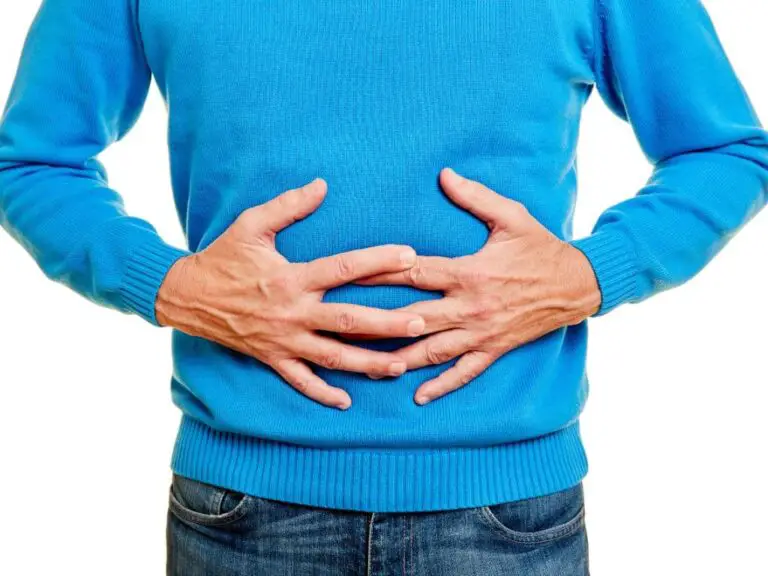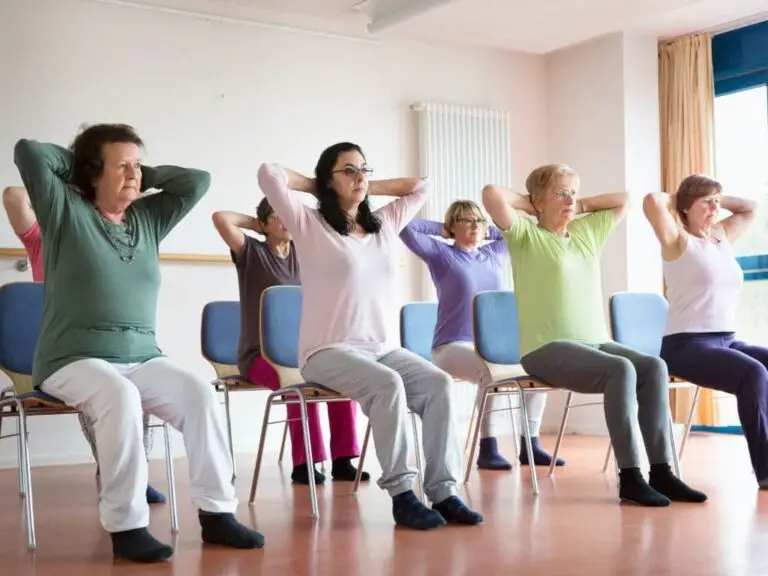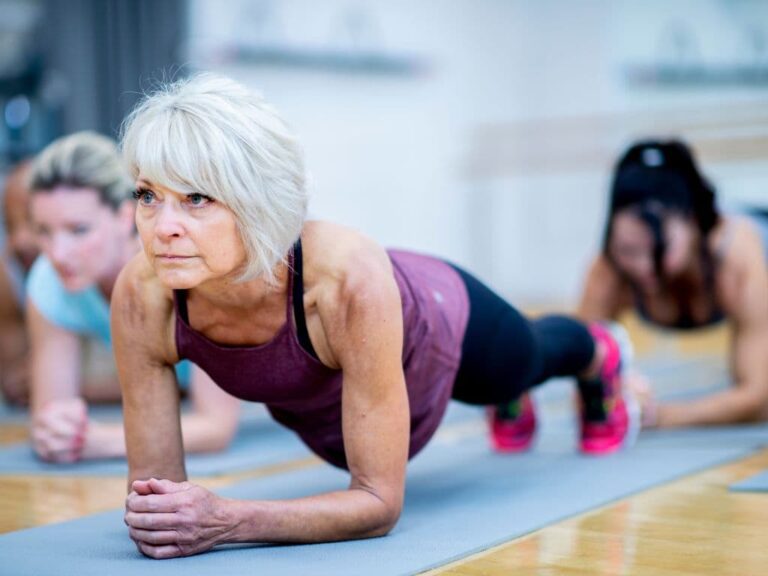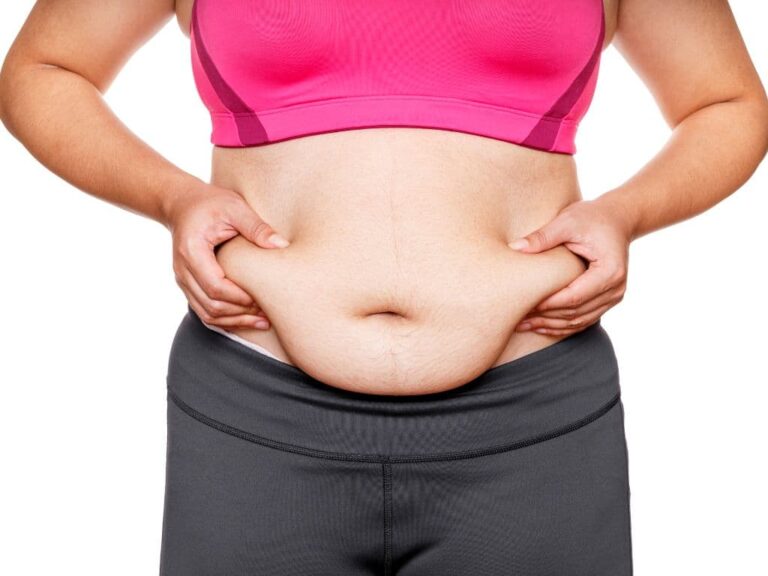Is Baby Shampoo Safe for Seniors?
Baby shampoo is beneficial for seniors due to its mild and gentle formulation that is free of irritants and harsh chemicals. It is hypoallergenic, often fragrance-free, and less likely to cause allergic reactions, making it ideal for seniors with sensitive scalps. However, like all shampoos, it should be used in moderation to avoid stripping hair of its natural oils.
Baby shampoo is generally considered to be a safe and gentle option for seniors. The main benefit of using baby shampoo on older adults is its mildness. Baby shampoo is specially formulated to be gentle on a baby’s scalp and skin.
As such, it does not contain many of the harsh chemicals that are found in regular adult shampoos. The lack of harsh detergents, sulfates, parabens, and fragrance makes baby shampoo less likely to irritate and dry out a senior’s sensitive scalp. The hypoallergenic and tear-free formulas of many baby shampoos also minimize the risks of allergic reactions and eye irritation.
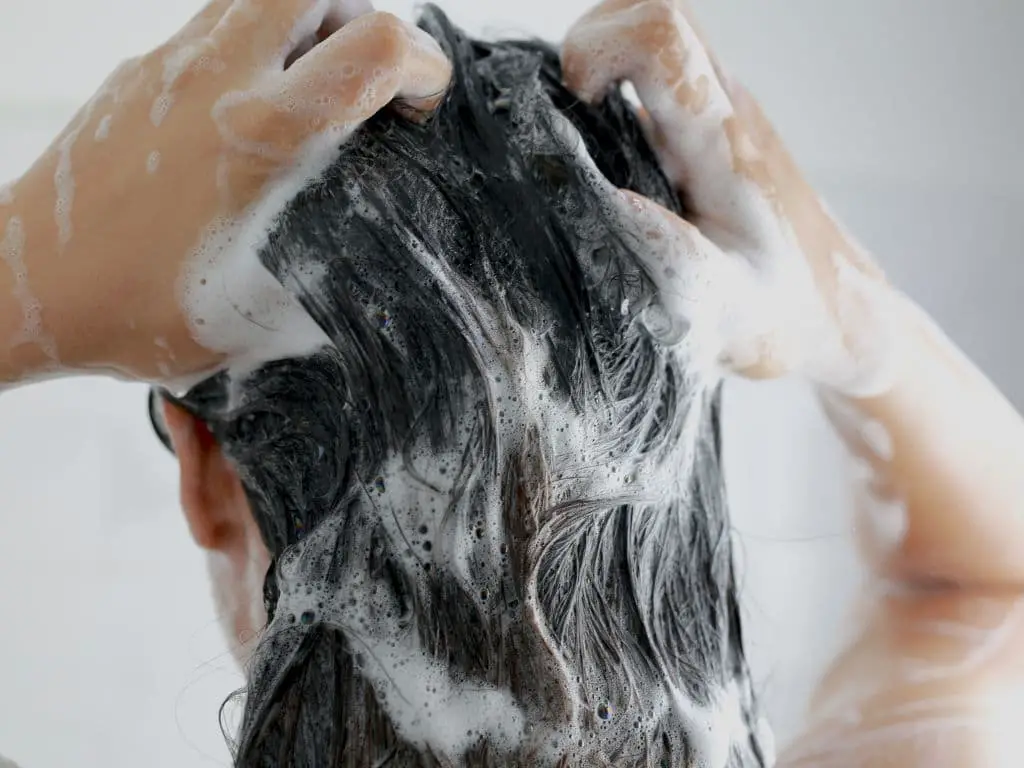
What are the Benefits of Using Baby Shampoo for Seniors?
There are several advantages to using baby shampoo for elderly individuals:
- Hypoallergenic shampoo is less likely to cause skin irritation or allergic reactions, which is important for seniors with sensitive skin. Many baby shampoos are specially formulated for sensitive skin.
- Tear-free shampoo helps prevent stinging or burning if the shampoo gets in the eyes. This makes bathing safer and more comfortable.
- Fragrance-free shampoo avoids irritating fragrances. This is beneficial for seniors who are prone to skin sensitivities.
- The gentle formulas cleanse hair thoroughly but gently without over-drying. This helps maintain the scalp’s natural moisture balance.
- Baby shampoos frequently use natural ingredients that are non-toxic and safe. Organic shampoos avoid chemicals that could irritate sensitive skin.
Does Baby Shampoo Help With Adult Hair Loss?
Baby shampoo is often considered a safe and gentle option for adults experiencing hair loss, including seniors. The mildness of baby shampoo, which is designed to be gentle on a baby’s delicate scalp, makes it a potentially beneficial choice for adults dealing with thinning hair or hair loss.
Baby shampoos are typically formulated with very gentle cleansing agents that clean the hair without stripping it of its natural oils. This is an important factor for adults with hair loss, as maintaining the scalp’s natural oil balance is crucial for promoting healthy hair growth. Furthermore, baby shampoos are usually free from harsh chemicals, such as sulfates, which can irritate the scalp and potentially contribute to hair loss.
In addition to being gentle on the scalp, many baby shampoos are also hypoallergenic. This means they’re less likely to cause allergic reactions or skin irritation, which can be beneficial for adults with sensitive scalps who are experiencing hair loss.
However, it’s important to note that while baby shampoo can provide a gentle option for cleaning and maintaining the health of the scalp, it is not specifically formulated to treat hair loss in adults. Hair loss can be caused by a variety of factors, including hormonal changes, stress, aging, and underlying health conditions. Therefore,
What are the Drawbacks of Using Baby Shampoo for Seniors?
While baby shampoo has many benefits, there are a few potential drawbacks to consider. Some baby shampoos may still contain certain chemicals or ingredients that could irritate sensitive skin. It’s important to read labels and test a small amount first.
Frequent shampooing with any shampoo can strip away the hair’s natural oils. Overuse of even the mildest shampoo can lead to dry, brittle hair.
Baby shampoo may not be strong enough to thoroughly cleanse and treat certain hair conditions like dandruff or extreme dryness. An adult formula may work better for very dry, damaged, or oily hair.
How to Choose the Best Baby Shampoo for Seniors?
When selecting a baby shampoo for an elderly adult, keep these tips in mind:
- Look for products labeled as sensitive skin, fragrance-free, hypoallergenic, or natural. This increases gentleness.
- Organic shampoos with plant-based ingredients are ideal for minimizing exposure to chemicals.
- Seek out shampoos made specifically for dry hair or itchy scalps if needed. Some baby shampoos cater to these issues.
- Consult with a dermatologist if the senior has severe skin conditions like eczema or psoriasis prior to choosing a shampoo.
- Test a small amount on the inner arm before first use to check for skin irritation.
What are the Specific Benefits of Baby Shampoo for Seniors with Dry Hair or Dandruff?
For seniors struggling with dry hair or a flaky, itchy scalp, there are baby shampoos formulated to address these concerns. Specialized dandruff shampoo gently cleanses away flakes and buildup without over-drying.
Baby shampoos for dry hair often contain extra moisturizers and oils that nourish hair and improve manageability. The tear-free formulas minimize stinging if the shampoo gets in cracked or peeling skin on the scalp.
The gentle cleansing is less likely to aggravate conditions like seborrheic dermatitis that cause flaking.
How Should I Use Baby Shampoo on a Senior?
When bathing a senior with baby shampoo, use warm water and wet the hair thoroughly before applying shampoo. Use only a small amount of shampoo and focus on the scalp, massaging gently to work into a lather. Rinse hair and scalp thoroughly with warm water to remove all traces of shampoo.
Limit washing to 1-2 times per week at most. Over-shampooing strips away natural oils. Always monitor for skin reactions during the first few uses. Discontinue use if irritation occurs. Take care not to allow shampoo to get in eyes. Use a washcloth to shield eyes if needed.
How Often Should I Wash a Senior’s Hair with Baby Shampoo?
Most experts recommend washing a senior’s hair no more than 2-3 times per week with baby shampoo. Any more frequently than this risks over-cleansing. Here are some guidelines:
- For seniors with normal hair and scalp, wash 1-2 times per week. This helps maintain the scalp’s natural oil balance.
- Individuals with dry or damaged hair may only require washing once a week. Limiting washing helps preserve needed moisture.
- Those with dandruff or itchy scalp can wash 2-3 times per week. More frequent cleansing helps control flaking and irritation.
- Adjust frequency based on hair’s oiliness, dryness and overall condition. The goal is to avoid over-washing while sufficiently cleansing.
- Always use a gentle, hydrating conditioner after shampooing to prevent excess dryness.
- When possible, use lukewarm water instead of hot water to minimize drying out the scalp.
The ideal shampooing routine cleans and refreshes hair while minimizing irritation. Baby shampoo allows safe, effective cleansing for seniors with its gentle properties. Monitor the scalp and adjust frequency as needed.
Frequently Asked Questions
-
Is baby shampoo good for seniors?
Baby shampoos don’t have to be for toddlers or infants. Because they do not contain any harsh chemicals, which can dry out your hair, baby shampoos are also great for adults.
-
What do hairdressers use to make your hair shiny?
Hair oil should be applied to your ends. Apply a small amount towards the scalp and mid-shaft. Keep the oil away from roots if your hair is easily greasy or oily. For extra shine and moisture, spray a few drops of hair spray after applying the serum.
-
How do you add moisture to aging hair?
Adding moisture to your hair is a simple way to combat dry skin. You can keep your hair silky soft by moisturizing it with mild shampoos and conditioners. Followed up by oil or a serum for hair will make hair manageable.
-
How can I make my gray hair shiny?
You can keep your gray hair looking vibrant and shiny by using a color depositing shampoo. These products can leave your hair with a purple-tinged tint, so you should use them once a week. Avoid shampoos and hair products with a yellow or gold tint.
-
Can Olaplex ruin your hair?
It turns out that it is not. Olaplex will not cause hair damage, regardless of how frequently you use it. Users have complained that Olaplex can cause hair loss if used for long periods.
-
Why is my hair getting frizzy as I get older?
Hair grows because it is unable to make its own oils. Instead, the oil it produces from our scalp provides nourishment. This makes it shiny and shiny. These oils diminish with age, which results in frizzier, dry hair.
-
What is better than Olaplex?
George Katsaros is the hairstylist and salon owner who created Gkomb. Aveda Botanical Repair offers a fantastic alternative to Olaplex. This product is effective on all hair types, especially dry and damaged. It works within the cuticle, ensuring deep penetration.
-
Why do old ladies lose their hair?
Progesterone and estrogen levels drop, which means that androgens (male hormones) have increased their effects. Hair can become thinner (or finer) after and during menopause. This is because the hair follicles decrease. These cases can cause hair to fall out and grow slower.
-
Why is my hair thinning at 70?
Around 55 percent of women lose their hair by age 70. Female-pattern hair loss, which is an inheritable condition, is the most prevalent cause. This condition is characterized by gradual hair loss, such as an enlarged part and a looser ponytail.
-
Which lack of vitamin causes hair fall?
Hair loss has been linked to biotin and folate deficiencies, riboflavin, and vitamin B12.

